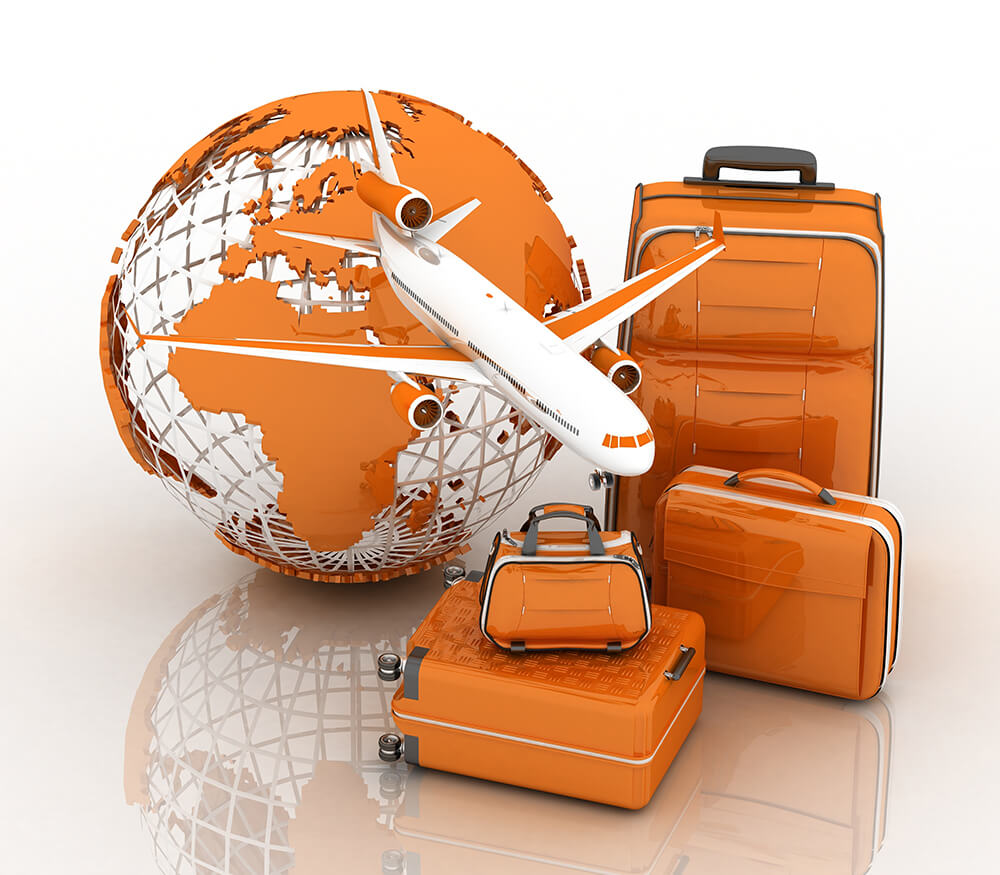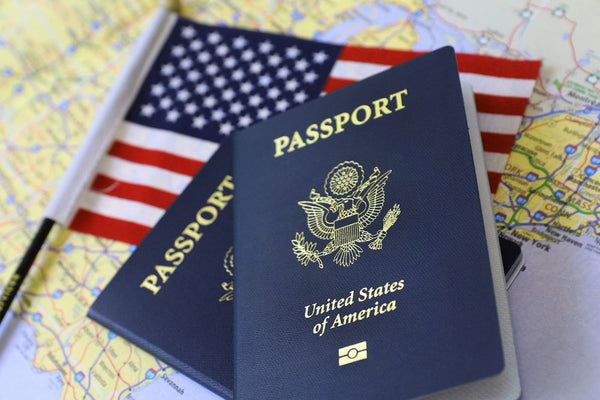Traveling to Africa can be an exhilarating and life-changing experience. The continent is as diverse as it is vast, offering everything from stunning natural scenery to vibrant and welcoming cultures. While there are plenty of adventures to be had in Africa, it’s important to prepare ahead of time to ensure that your trip goes as smoothly as possible. In this post, we’ll take a look at some of the things you should know before traveling to Africa.
Choose All-Inclusive Travel
One of the best ways to get the most out of your trip to Africa is to choose all-inclusive travel. This means that you will be able to focus on taking in all the amazing sights and experiences without worrying about tracking down accommodations or finding your meals. All-inclusive packages are provided by African Ancestry Family Reunions and can save travelers a considerable amount of time and money.

Research your destination(s) thoroughly
Africa is home to 54 nations, each with its own unique history, culture, and customs. Before embarking on your journey, be sure to research the countries you’ll be visiting in detail. Learn about the local customs, languages, and laws so you’re well-prepared when you arrive. It’s also important to keep up with current events and safety warnings in the area you’ll be traveling to.

Pack appropriately
Depending on which part of Africa you’re traveling to, you may need to pack for multiple climates. It’s important to bring clothing that’s both lightweight and durable, as well as insect repellent and sunscreen. Don’t forget to pack any necessary medications and toiletries, as these may be difficult to find while traveling.
Have all your paperwork in order
Be sure to double-check that all of your documentation is up to date before you go. You’ll need a valid passport with at least 6 months until expiration, along with any visas or travel permits required for each country you plan on visiting. It’s also important to make copies of your documents in case they get lost or stolen while you’re traveling.

Budget for the unexpected
To sure you're financially secure in case of unexpected events, it's always a good idea to have a budget and keep some extra cash on hand. It's recommended to have fresh bills, preferably no smaller than $20 (for us Americans) or even $50. Also, consider getting travel insurance to address any potential issues that may come up during your trip. Take care, stay prepared, and have a fantastic time!
Be mindful of cultural differences
As mentioned earlier, the continent of Africa is home to a vast array of diverse cultures. To avoid causing offense, it’s important to be aware and respectful of local customs. For example, in various African countries, it’s considered impolite to eat with your left hand, as it’s reserved for hygiene purposes. In some cultures, it’s also important to dress conservatively and cover your head while entering a place of worship.
Be aware of safety concerns
While Africa is a generally safe place to travel, it’s important to take certain precautions to ensure your safety. Avoid traveling alone at night and stick to well-lit and populated areas. Be aware of pickpockets and con artists, particularly in tourist areas. Always keep a copy of your passport and other important documents with you in case of emergency.
Get a thorough health checkup for your well-being
It’s also important to get a thorough health checkup before embarking on your African journey. Your healthcare provider should assess your risk of illnesses and advise you on any additional preventive measures you need to take.
It is also important to travel with a first-aid kit with necessary medications as well as insect repellent and sunscreen for protection.
Get the proper vaccines
Before heading to Africa, be sure to check with your doctor and get the necessary vaccinations for the countries you will visit. Many countries in Africa require specific vaccinations for travelers, depending on the region within the continent you plan to visit.
One size does not fit all when it comes to vaccines for travelers. Here are the most commonly recommended shots for travelers going to Africa, but you should always consult a physician:
1. Hepatitis A and B
2. Yellow Fever
3. Malaria Pills
4. Routine Vaccines
Other vaccines such as Typhoid Fever, Polio, Meningitis and Rabies may be recommended.
Embrace the experience
While there may be certain challenges and adjustments to make while traveling in Africa, it’s important to approach the experience with an open mind and a sense of adventure. Take the time to interact with locals, try new foods, and immerse yourself in the local culture. This will not only make your trip more enjoyable, but it will also help you to learn and grow as an individual.
Conclusion
Traveling to Africa can be a truly unforgettable experience, but it’s important to prepare ahead of time to ensure a safe and enjoyable trip. By thoroughly researching your destination, packing appropriately, being mindful of cultural differences, being aware of safety concerns, and embracing the experience, you can make the most of your journey and create memories that will last a lifetime. For the added experience, remember African Ancestry Travel offers an all-inclusive travel experience that you will never forget.






